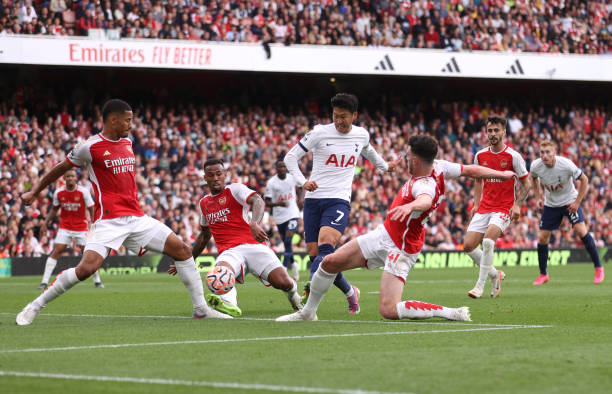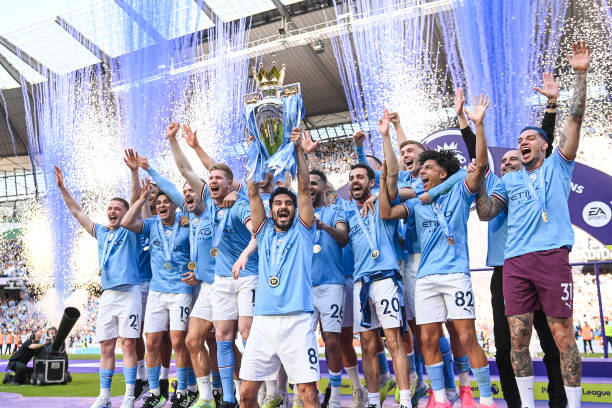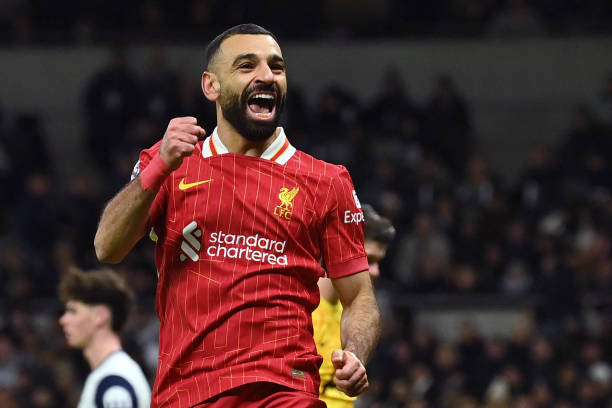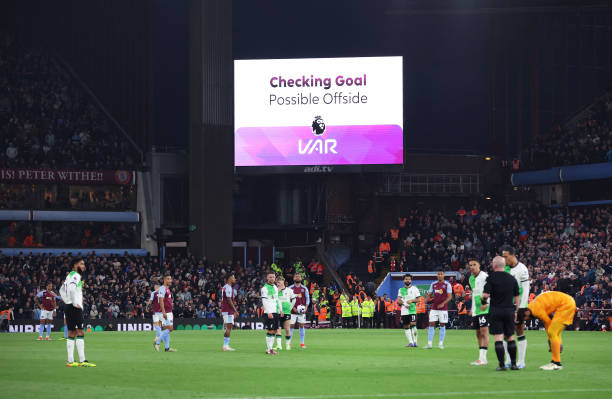
Introduction
The Premier League’s Associated Party Transaction (APT) rules, designed to regulate sponsorship deals between clubs and companies linked to their owners, have been declared “void and unenforceable” for the period between 2021 and 2024. This ruling, following a legal challenge by Manchester City, has sent shockwaves through the footballing world. With significant financial and regulatory implications, this comprehensive analysis delves into the background, legal nuances, and future outlook stemming from this decision.
Background and Purpose of the APT Rules
Introduced to ensure financial fair play, the APT rules aimed to prevent clubs from inflating their revenue through inflated sponsorship deals with associated companies. This regulation was seen as essential to maintaining competitive balance in the league.
Manchester City, known for their financial backing from Abu Dhabi-based owners, challenged these rules, claiming they were restrictive and unfair. The legal battle brought to light several complexities within the league’s regulatory framework and highlighted the growing tension between financially powerful clubs and the Premier League administration.

Detailed Tribunal Ruling
The tribunal identified three primary areas where the APT rules were deemed unlawful. The inability to sever these specific issues from the entire framework led to the nullification of the rules for the specified period.
Key Takeaways from the Tribunal’s Verdict:
- The APT rules had inherent legal flaws in three key areas.
- These flaws rendered the entire framework unenforceable.
- Clubs affected by these rules during 2021-2024 now have potential legal recourse.

Premier League’s Reaction and Next Steps
Despite the setback, the Premier League maintains that its revised APT rules, implemented in November 2024, remain fully operational and enforceable. The league’s leadership, while acknowledging the tribunal’s ruling, remains committed to upholding financial integrity.
Premier League’s Official Stance:
- The tribunal’s decision is limited to the 2021-2024 period.
- New APT rules, despite ongoing legal challenges, remain in force.
- Clubs are required to comply with all financial assessments related to sponsorship and loans.
Financial and Legal Implications for Clubs
This ruling opens the door for clubs penalized under the old APT rules to seek compensation, potentially leading to financial liabilities running into tens of millions of pounds for the Premier League.
Key Implications Include:
- Legal Compensation: Affected clubs may file claims for damages.
- Financial Strain: The Premier League may face substantial payouts.
- Leadership Scrutiny: CEO Richard Masters and the league’s decision-making processes are under increased scrutiny.

The Road Ahead for Premier League Sponsorship Rules
With the new APT rules already facing legal challenges, the Premier League’s regulatory framework is set for further examination. Clubs, legal experts, and stakeholders will closely watch the developments.
What to Expect:
- Continued legal battles over the validity of the new rules.
- Potential reforms to enhance transparency and fairness.
- Greater oversight in assessing commercial deals involving clubs and their owners.
SUUGESTED FOR YOU
Why the FA Cup is the Most Magical Competition in English Football

Broader Impact on English Football
This legal ruling could reshape financial regulations in English football. Clubs with strong financial backers may find renewed freedom in securing lucrative sponsorship deals, while smaller clubs may demand stricter controls to maintain competitive balance.
Possible Outcomes:
- Increased financial muscle for top-tier clubs.
- Pressure on the Premier League to tighten financial regulations.
- Enhanced focus on governance and transparency.
CHECK OUT TOP 3 FREE BETTING PREDICTION SITES
Accuratepredict.com Soccerpredictions.net Betloy.com
Conclusion
The tribunal’s declaration that the Premier League’s sponsorship rules from 2021 to 2024 are unenforceable is a watershed moment in English football. As clubs explore legal avenues for compensation and the league braces for further challenges, the future of financial fair play in the Premier League hangs in the balance. The outcome of these ongoing legal battles will shape the economic and competitive landscape of English football for years to come.
Stay informed with the latest updates on Premier League financial regulations, legal battles, and what they mean for the future of English football.









